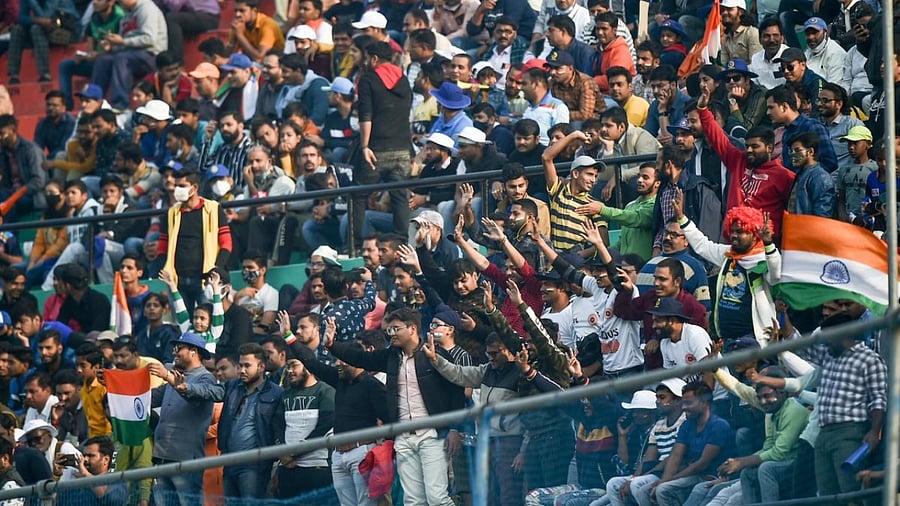
The Karnataka High Court’s recent ruling that match-fixing does not amount to cheating under Section 420 of the IPC amounts to legalising organised cricket betting. Betting in cricket has remained a grey area due to the conflicting and ambiguous laws invoked to deal with it. Though the judgement may not suffer from legal infirmities, it raises several ethical questions. Match-fixing involves players indulging in unfair practices at the instance of bookies who in turn run betting rackets worth many crores of rupees. The court quashed an FIR against some Karnataka Premier League (KPL) players and held that even if a player indulged in match-fixing, it could not be counted as an offence. A general feeling that a player had cheated the lovers of the game would not give rise to an offence. The court held that match-fixing may indicate dishonesty, indiscipline and mental corruption of a player and would, at best, attract disciplinary action under the code of conduct prescribed by the BCCI, but would not constitute an offence punishable under the IPC. The court did not find betting illegal, either. It observed that the recently amended Karnataka Police Act, which had sought to regulate wagering, did not cover any athletic game or sport. Since cricket is a sport, it cannot be considered a game of chance to be brought under the ambit of gambling. The import of the judgement is that neither match-fixing nor betting is illegal.
In a similar case earlier, the CBI had also concluded that match-fixing and related offences did not constitute any offence under the penal laws of India. In 2012, the Andhra Pradesh High Court declared that the life-time ban on former captain Mohammed Azharuddin was illegal and unsustainable under the law. In 2015, while discharging S Sreesanth and others in the IPL betting and fixing cases, a Delhi court held that cricket was a game of skill which was exempted under the Public Gambling Act of 1867. The Supreme Court-appointed Justice Lodha Committee had drawn a sharp distinction between betting and fixing. It recommended that betting should be legalised with certain safeguards, and match-fixing criminalised.
Conservative estimates have put the volume of illegal betting at Rs 50,000 crore. It is a huge amount outside the tax net. Fixing and betting are interlinked and cannot be seen as independent of each other because match-fixing is influenced by gratification offered by bookies. So, there is an immediate need to amend the relevant laws to criminalise match-fixing, which involves cheating and fraud. At the same time, the government should regulate organised sports betting by legalising and taxing it.
